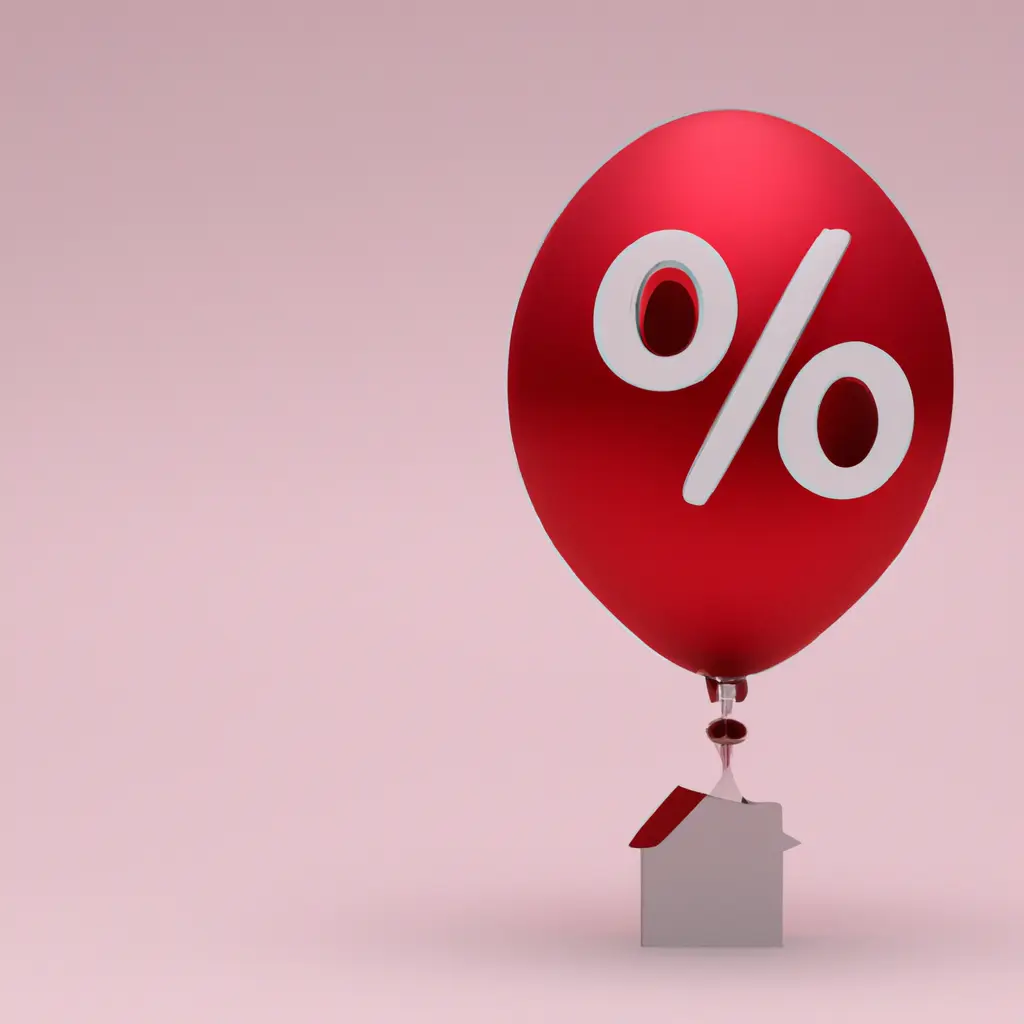The risk of a housing bubble is declining globally, except in one European city.

Frankfurt, Munich and Amsterdam are European cities that have moved into a lower risk category. Real estate bubble risk has declined globally after price adjustments in 25 cities around the world, according to a study by Swiss bank UBS.
According to the latest edition of the UBS Real Estate Bubble Index released Wednesday, only two cities - Zurich and Tokyo - remain in the "bubble risk" category, down from nine cities last year. Frankfurt, Munich and Amsterdam are the European cities that have moved into the lower-risk "overvalued" category to join Geneva, London, Stockholm and Paris, which remain unchanged from last year. Madrid has also seen its real estate price imbalance fall, meaning it is now "fairly valued," along with Milan and Warsaw.
A real estate or housing bubble occurs when real estate prices rise at a rate that is unsustainable due to increased demand and limited supply. At some point, demand suddenly stalls or declines, causing prices to plummet and the bubble bursts. UBS attributes the overall decline in housing market imbalances to the current economic environment, which over the past two years has led to a global increase in inflation and interest rates due to Russia's invasion of Ukraine and the COVID-19 pandemic, among other factors.
From mid-2022 to mid-2023, real house prices in the 25 cities studied by UBS fell by an average of 5 percent, the bank said, adding that further price declines are likely. The biggest drops were seen in Frankfurt and Toronto, according to UBS, where prices fell 15%. The two cities had the highest risk scores in last year's UBS report.
"Low financing costs have been vital to global housing markets over the past decade, leading to a dizzying rise in house prices," the authors said in the report.



The risk of a real estate bubble only exists in Zurich, where UBS is headquartered, and Tokyo, according to the report. In the case of the former, real home prices continued to rise through 2023, albeit at a slower pace than in previous years, UBS said, while rent growth accelerated sharply and outpaced home price growth. "As the supply of affordable housing has returned to pre-pandemic levels in the face of rising financing costs, we do not expect prices to rise further," the bank added.
Access to housing continues to be a challenge. While Paris and London have experienced price adjustments and are at lower bubble risk than Zurich, the price declines have not been enough to significantly improve access to housing, according to UBS. Prices remain disproportionate to wages in Paris and London, the bank notes, noting that buying a 60-square-meter home still equates to a 10-year annual salary for a skilled service worker.
According to UBS, if interest rates remain at current high levels, further price declines are likely, even if the housing shortage may then recover. The European Central Bank raised interest rates to 4% last week. The Bank of England is due to announce its latest interest rate decision on Thursday.
Comment
Popular Offers

Subscribe to the newsletter from Hatamatata.com!
Subscribe to the newsletter from Hatamatata.com!
I agree to the processing of personal data and confidentiality rules of Hatamatata





